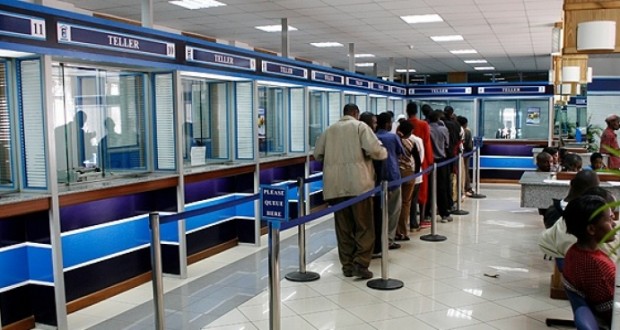Ghana’s central bank chief stepped down Friday amid criticism about the country's lackluster economic performance.
Henry Kofi Wampah was named governor of Ghana’s central bank in 2012 to address the country’s fiscal deficit, rising inflation, continuous currency devaluation and ballooning debt stock.
Â
Wampah leaves his post four months before the end of his four-year mandate amid criticism over his performance though some concede he was dealt a difficult hand.
Ghanian economist Felix Asante says the new central bank governor must be bold on checking government spending.
“Certainly, that person should be able to say to the sitting government that no there is no money so I cannot answer the cheque,†he said.
Challenges ahead
Wampah assumed his post amid high deficits in 2012. The country had spent a lot on elections that year, including rolling out a new biometric voter system. Ghana is headed to polls again in November, and more high spending is expected.
Asante says that is just one of the factors outside the central bank’s control.
“In Ghana, the main concerns are the exchange rate and inflation," he said. "You cannot fix the exchange rate if you are not in control of what is produced in the country [and] encourage private sector to export. The economy should bounce back into its form where we can produce enough to export and earn foreign exchange. If we do not do that and we keep on importing, every governor will come and will have such a problem.â€
Inflation has climbed since 2012, though in February, it dropped slightly to 18.5 percent from 19 percent in January.
Ghana is one of the world's top producers of gold and cocoa.
The country discovered oil in 2007 and in 2011 was named the fastest growing economy in the world. Ghana was a darling of the “Africa Rising†narrative. But commodities-based growth has done little for Ghanaians' standard of living, and Ghana’s economy began to stall in 2013.
Inflation
In Accra, people say their paychecks buy less and less at the market. And even as economists advise the country to export more, exporters like Kweku, a local handicrafts businessman, say inflation is a problem.
“When my remittances are coming in, I cannot withdraw and go back and exchange at the same forex rate that I bought to use for the production, he said. "I have to go and exchange the money at the controlled rates… For every dollar I earn, I lose some cedis on it. With time, I will be eating up my capital.â€
Ghana’s president will appoint a new Central Bank governor. Wampah’s first deputy Millison Narh has taken the helm in the interim.
voanews.com





